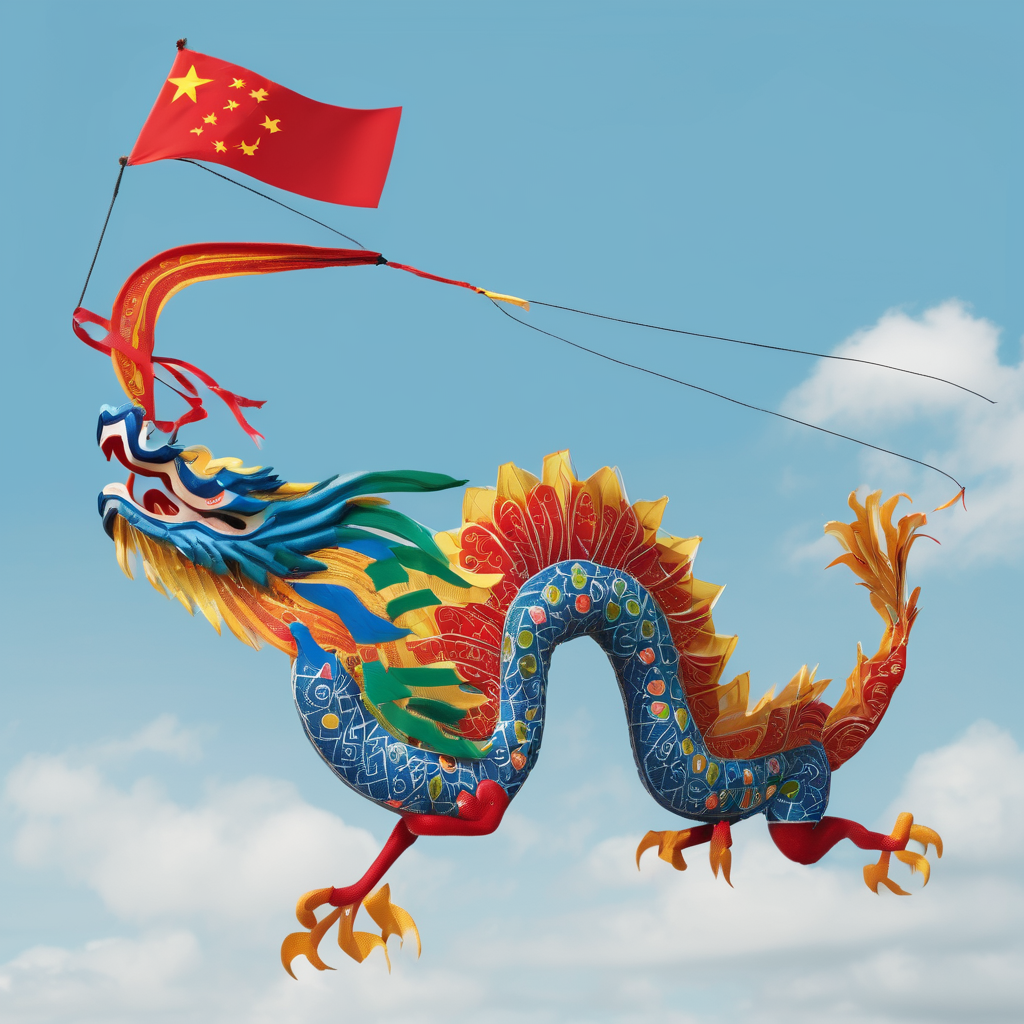The Fijian government has reaffirmed its unwavering support for the One China Policy amid growing tensions following a recent diplomatic delegation to Taiwan. Concerns were raised after Filipo Tarakinikini, Fiji’s Permanent Representative to the UN, met with Taiwanese Vice-President Hsiao Bi-khim, an encounter that prompted a formal protest from Beijing.
In a statement, Fiji’s Ministry of Foreign Affairs and External Trade reiterated its recognition of the People’s Republic of China as the sole legitimate government of China. The ministry highlighted that the country values its diplomatic relationship with China, which is rooted in mutual respect and the principles of cooperation and non-interference.
“The Government of Fiji, through the Ministry of Foreign Affairs and External Trade, reaffirms its commitment to the One China Policy,” the statement asserted. It also mentioned that steps are being taken to address any diplomatic concerns stemming from the recent visit.
Beijing responded with strong criticism of Tarakinikini’s visit, viewing it as a breach of the One China principle, which maintains that Taiwan is an inherent part of China. Chinese Foreign Ministry spokesperson Mao Ning expressed dissatisfaction, reiterating that any official exchanges with Taiwan by nations that hold diplomatic ties with China are unacceptable and could lead to serious misunderstandings.
The visit, which included ambassadors from the Marshall Islands and Paraguay, focused on discussions aimed at strengthening Taiwan’s international presence. This reflects a significant level of diplomatic engagement during a time of increasing geopolitical complexity in the Pacific region. Despite its formal ties with China, Fiji has historically maintained a de facto Taiwanese mission in its capital, Suva, indicating a complex approach to its foreign policy.
This incident occurs within the context of Fiji’s strategic role in the Pacific, particularly as it balances its relationships with China and traditional allies like the United States and Australia. Fiji’s Prime Minister Sitiveni Rabuka has openly opposed the establishment of Chinese military bases in the region, advocating for peace and stability in a climate of growing tensions.
While navigating these diplomatic waters, Fiji has the opportunity to bolster its international partnerships, promoting regional stability. By engaging in enhanced discussions with Taiwan while remaining committed to its ties with China, Fiji could create pathways for collaboration across various sectors, ultimately benefiting its diplomatic future.
